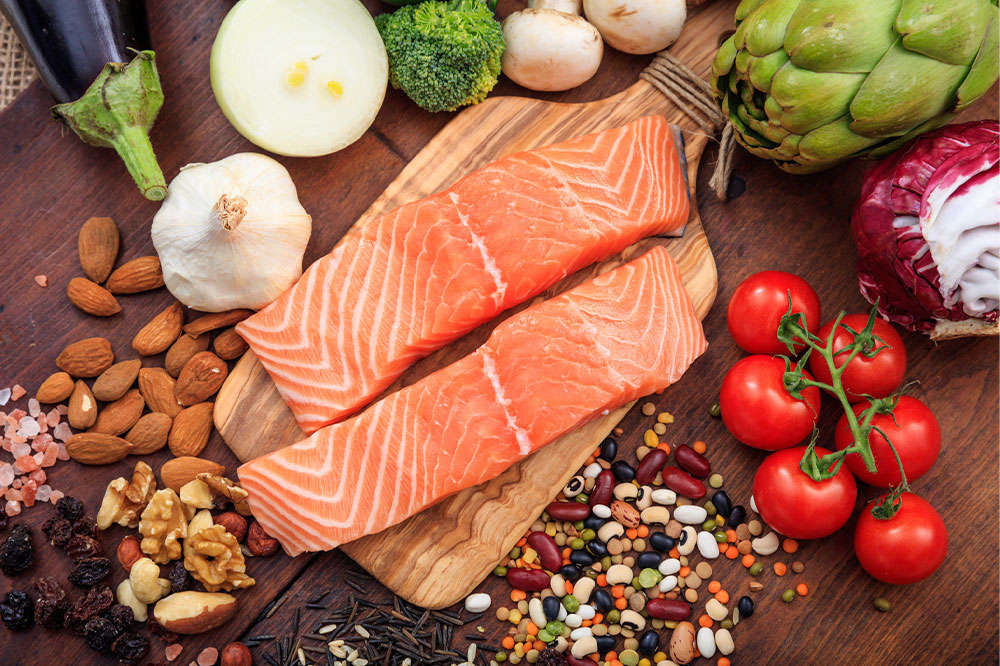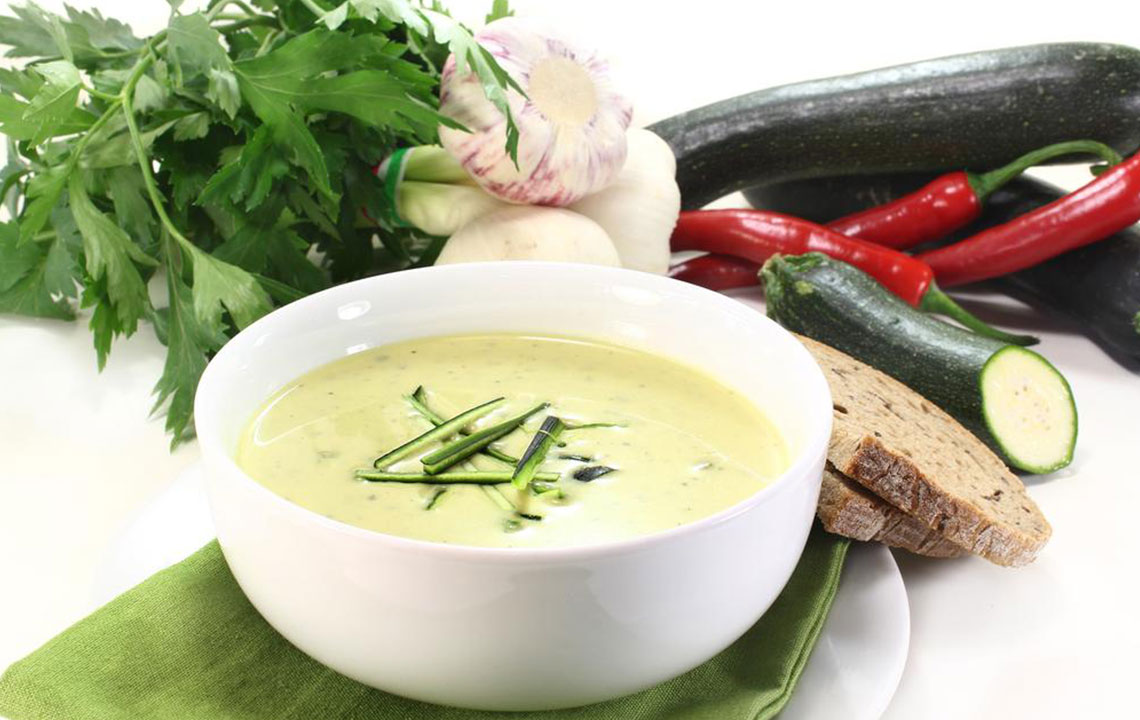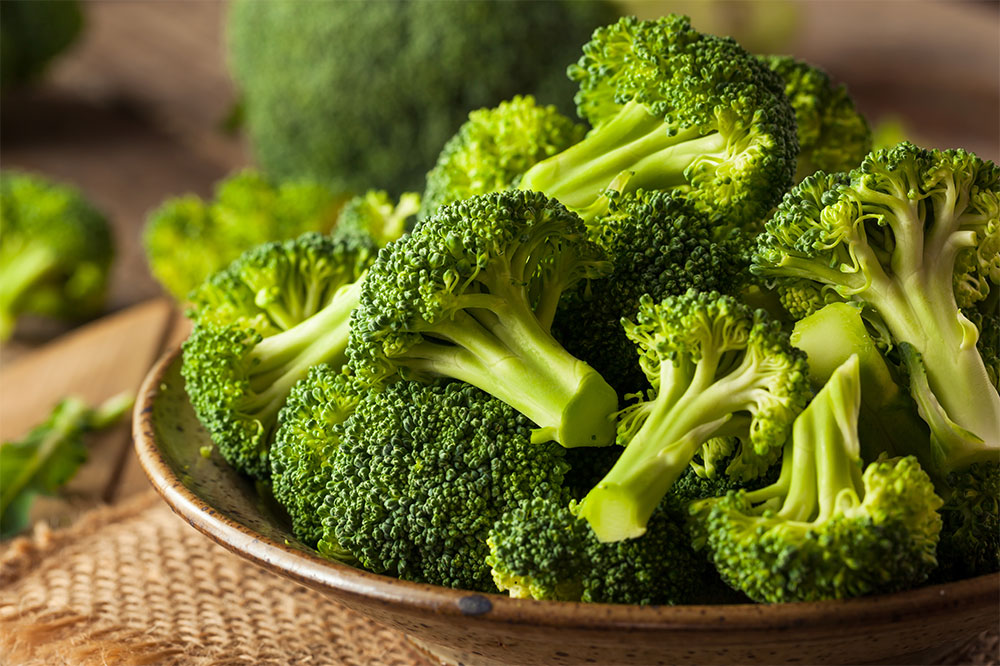Effective Strategies for Managing Prostate Cancer
This article explores comprehensive approaches to managing prostate cancer through early treatment, dietary choices, and lifestyle habits. It highlights medications like Xofigo®, XTANDI®, and Erleada®, alongside foods such as garlic, berries, tomatoes, flax seeds, and broccoli that may support prostate health. Emphasizing healthy routines like exercise, stress reduction, and proper nutrition, it offers essential guidance for individuals facing prostate cancer. Always seek professional medical advice for personalized treatment plans and management strategies.

Effective Strategies for Managing Prostate Cancer
Prostate cancer originates in the prostate gland and can spread to other areas of the body. Annually, approximately 268,490 new cases are diagnosed. Symptoms vary, but common signs include erectile issues and bone discomfort. Early detection can slow the disease's progression. Here are some treatment approaches, dietary tips, and lifestyle habits to help control prostate cancer symptoms:
Work with your healthcare provider to develop a personalized treatment plan Once diagnosed, prompt treatment is essential. Your doctor might recommend options such as:
Xofigo® (radium Ra 223 dichloride)
Administered via injection, Xofigo® treats prostate cancer that no longer responds to hormonal or surgical testosterone reduction, especially when it has spread to the bones but not to other organs.
XTANDI® (enzalutamide)
This oral medication is prescribed for castration-resistant and metastatic prostate cancer. It should be taken once daily as directed by your physician.
Erleada®
Approved by the FDA, Erleada® is used to manage prostate cancer that has metastasized. It is also suitable for cases where cancer remains localized but has not responded to surgical treatments aimed at reducing risk.
Foods that may support prostate health
Garlic: Rich in compounds like allicin and selenium, garlic boosts immune response and possesses anti-inflammatory, antifungal, and antibacterial properties.
Berries: Cranberries, blueberries, and strawberries contain antioxidants that combat free radicals linked to cancer development.
Tomatoes: High in lycopene, this fruit may reduce cell damage and slow tumor growth.
Flax seeds: These seeds can lower prostate-specific antigen levels and potentially inhibit cancer cell growth.
Broccoli: Containing sulforaphane, broccoli sprouts are known for their cancer-fighting properties, helping slow disease progression.
Eating a nutritious diet supports immune resilience, though it isn't a cure. Incorporate various fruits, vegetables, herbs, and fish rich in omega-3s, while limiting processed foods, red meats, and trans fats that may raise cancer risk.
Healthy lifestyle practices
In addition to medical treatment and diet, physical activity is vital. Gentle activities such as walking, gardening, or swimming can promote overall health. Stress-reducing habits like yoga and deep breathing improve wellbeing, aiding in disease management and mental health.
Note:
The information provided here is for educational purposes only and should not replace professional medical advice. Always consult qualified healthcare providers for diagnosis and treatment options tailored to your condition.










